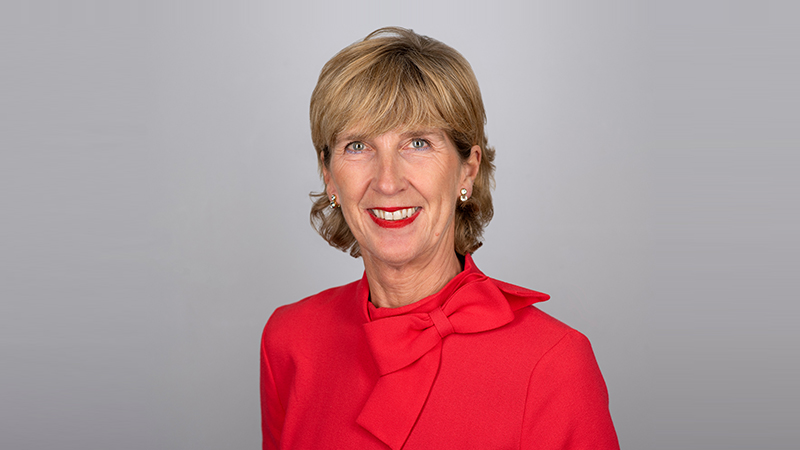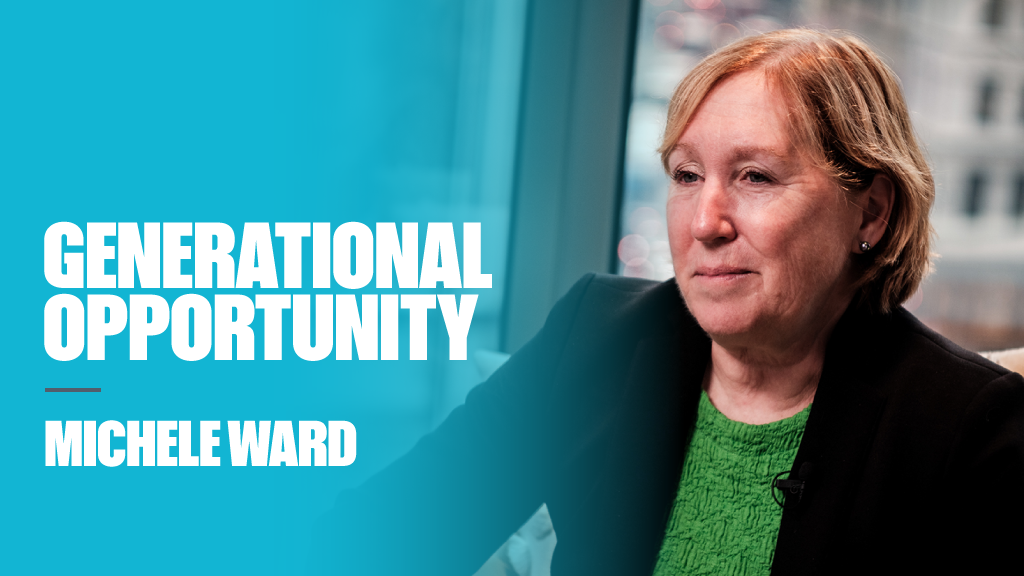The IFA space needs to quickly find the answer to its recruitment problem as many UK financial advisers admit they are set to retire.
Octopus Investments surveyed 205 IFAs and found almost a third (29%) expect to retire within the next five years and more than half (58%) will leave the sector within the next decade.
This is equivalent to more than 15,000 financial advisers leaving the profession out of more than 26,677 that are currently in the intermediary space.
Octopus Investments chief executive Ruth Handcock said: “Financial advisers perform a vital role in our society, helping people to manage their money and plan for their future and families to reach important life goals.
“This is why we desperately need more advisers – we simply cannot afford for the advice gap to grow any wider.”
Concerns
There are definite fears in the industry about filling the gap, as the Octopus survey found more than two-fifths (44%) of advisers said they were concerned about attracting people to their firm.
This worry was reflected in the lack of younger staff currently at advice firms with more than two-thirds (69%) of advisers reporting that they didn’t have a single adviser under the age of 30.
Barriers to recruitment
Five key themes emerged when IFAs were asked to identify the most significant barriers to recruitment:
– Difficulty finding quality candidates – 46%;
– No structured pathway for students to access the profession – 37%;
– High cost of recruitment – 31%;
– Lack of awareness of financial advice as a profession – 24%;
– Stereotype that financial advisers tend to be male and older – 21%
Advisers were asked if their firm had a training scheme in place to help develop advisers and just 18% said they did.
Heritage Investments financial adviser Tom Parkinson, who responded to the survey, said: “We need to work to promote the benefits of financial advice – as it’s simply not spoken about.
“There is definitely an advice gap with many advisers expected to retire over the coming years – so there is an opportunity for many young people.”
Solution
In the survey, of those who said they faced issues with recruiting, 65% of advisers said there needed to be more awareness of financial advice and the role it plays in society.
Slightly fewer (58%) said that improved financial education in schools would help, while half (51%) cited training programmes with universities as another potential solution.
But 40% said that to solve the problem there needed to be a more fundamental shift in the way the advice industry is perceived.
Jarrovian Wealth financial planner and investment analyst Farida Hassanali said: “Despite financial services being one of the UK’s largest sectors, financial advice is still a small part of this, which leads to fewer people knowing an adviser growing up.
“A good place to start would be to ensure career advisers at schools understand the options available, such as the growing number of university courses, apprenticeships and professional qualifications.”
Image change
Octopus also carried out a survey to gauge the perceptions of the IFA space.
It contacted 2,061 adults and 1,002 UK students aged 18-21, who were currently studying for, or have studied, A-levels or higher education.
Just one-in-10 (9%) said they would consider a career as a financial adviser, with roughly a third (36%) stating that they didn’t know anything about what a financial adviser does.
Yet, when students were given more information about what the profession involves, such as problem solving, working flexibly and making a difference to people’s lives, a much greater proportion (43%) said they would consider it as a career.
Addidi financial planner Zoe Dagless said: “Part of the issue with financial advice is that no-one in schools or university has an idea about it. As a profession we need to get better at saying what we do.
“Many of the traditional routes for entering the profession have largely gone by the wayside.”









